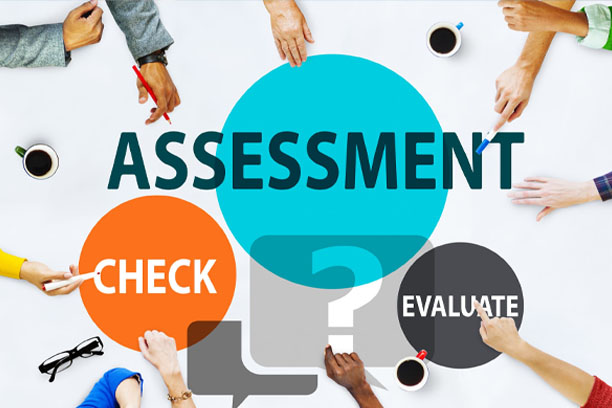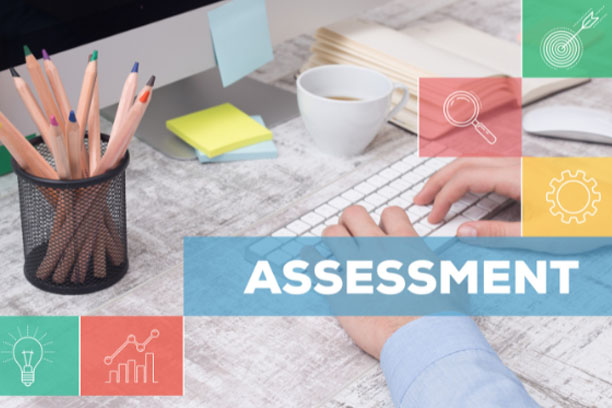Assessment development involves the creation, administration, and evaluation of tests, quizzes, exams, and performance tasks designed to measure learners' knowledge, skills, and competencies against predefined learning objectives and standards. Assessments serve as a critical tool for gauging learning progress, identifying areas of weakness, and informing instructional decision-making within educational institutions, training programs, and corporate settings.

Assessment development begins with aligning assessment items with the intended learning objectives, ensuring that the assessment measures what it purports to measure. Content developers collaborate with subject matter experts and instructional designers to map assessment items to specific learning outcomes, competencies, and performance criteria.
Item development involves creating a diverse range of assessment items, including multiple-choice questions, short-answer questions, essays, case studies, and performance tasks. Content developers adhere to best practices in item writing, ensuring clarity, relevance, and validity of assessment items, as well as minimizing bias and cultural sensitivity.
Item analysis is conducted to evaluate the quality, reliability, and discriminatory power of assessment items. Content developers analyze item statistics such as difficulty index, discrimination index, and reliability coefficient to identify poorly performing items, refine item wording, and ensure that the assessment provides valid and reliable measurement of learners' knowledge and skills.
Test construction involves assembling assessment items into a coherent test blueprint or exam form that reflects the distribution of content, cognitive levels, and weighting of learning objectives. Content developers utilize psychometric principles and assessment theories to design test blueprints that balance coverage, fairness, and validity, while minimizing the potential for test bias and construct-irrelevant variance.
Standard setting is the process of establishing performance standards or cut scores that delineate different levels of proficiency or mastery on the assessment. Content developers collaborate with stakeholders, subject matter experts, and psychometricians to set defensible and meaningful standards that align with the intended purpose of the assessment and inform decision-making about learners' achievement and progress.
Providing feedback and reporting results is essential for enhancing the utility and effectiveness of assessments. Content developers design feedback mechanisms, score reports, and data visualizations that communicate assessment results to learners, instructors, and stakeholders in a clear, actionable, and meaningful manner, facilitating interpretation, reflection, and targeted intervention to support learning and improvement.
